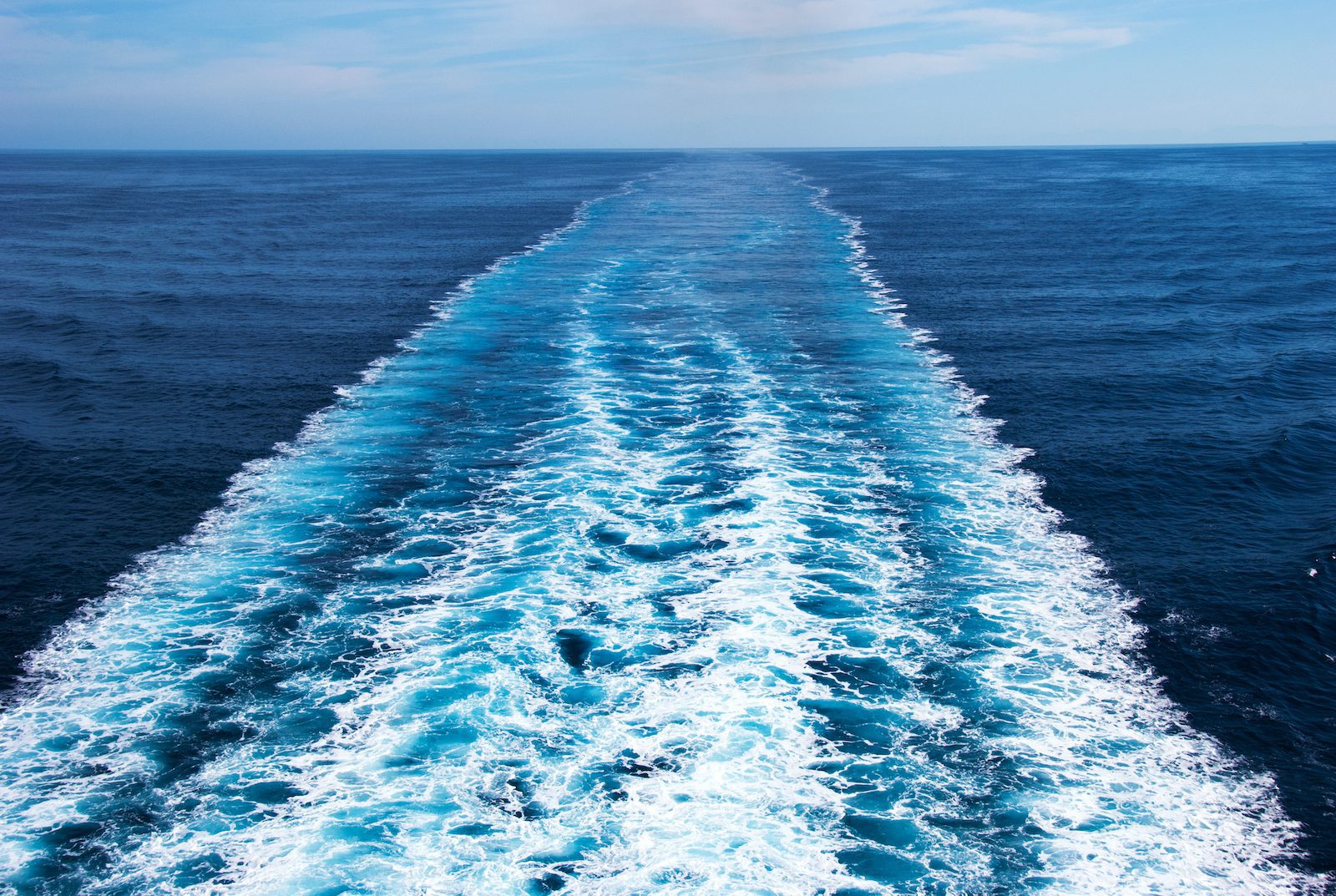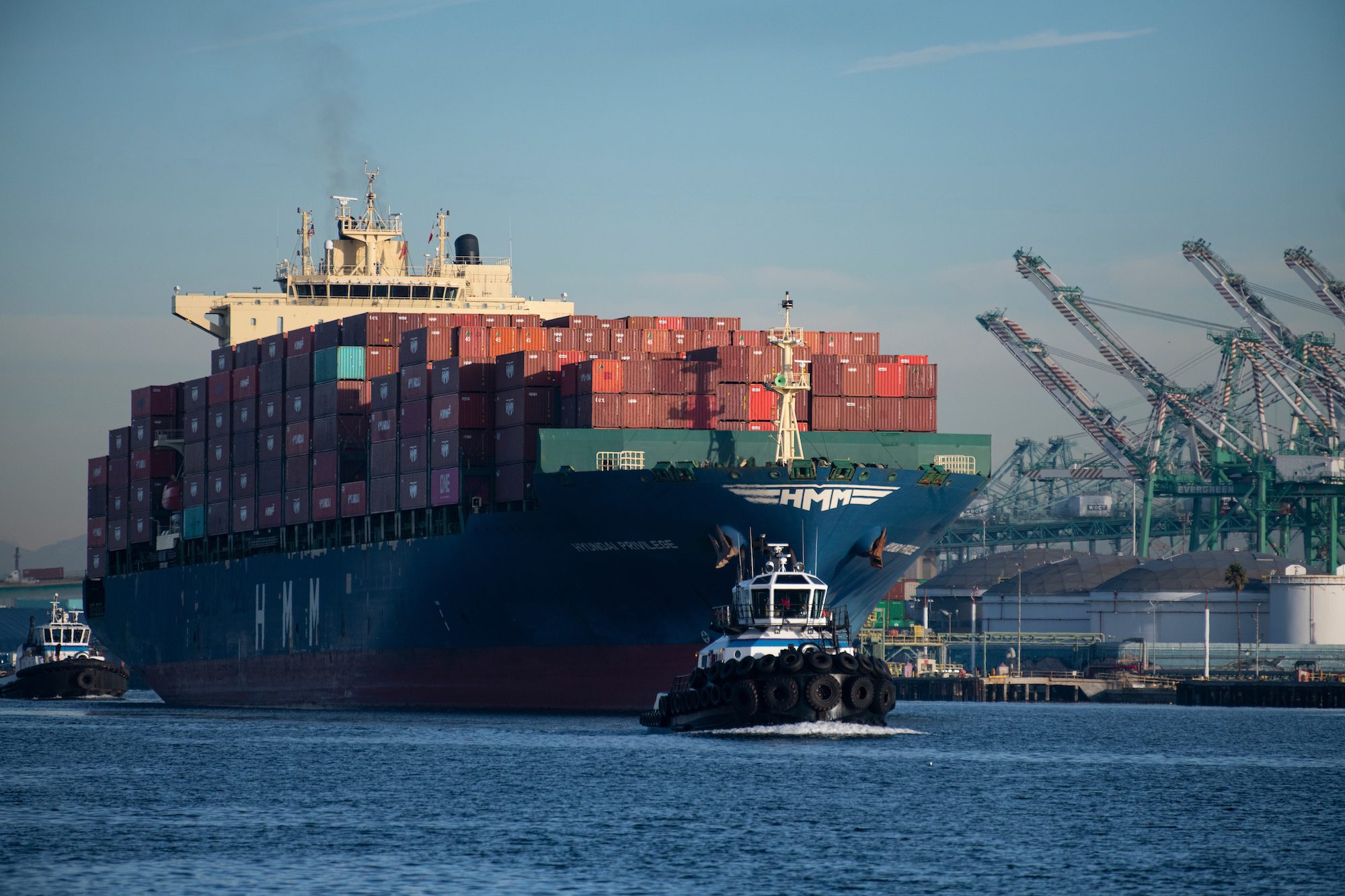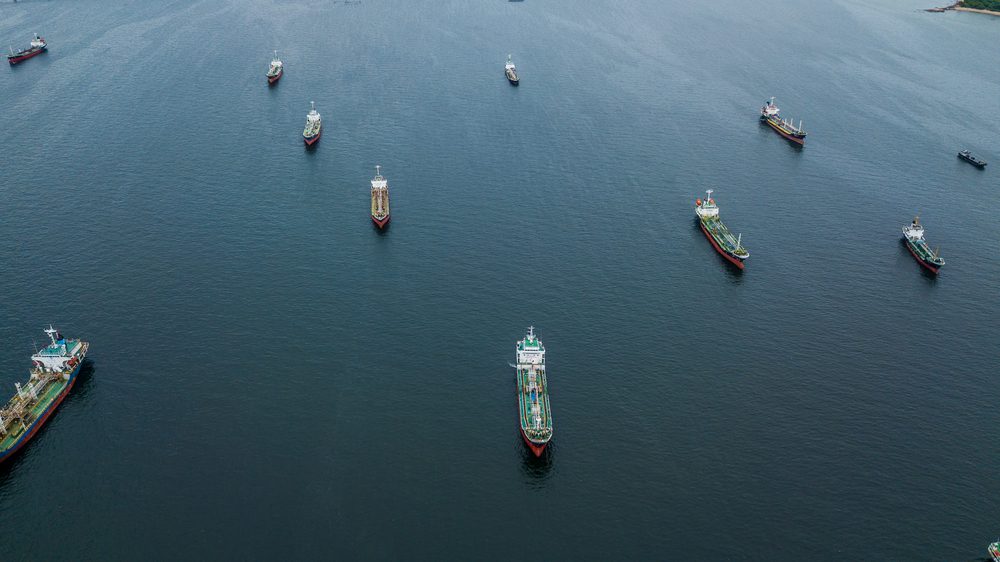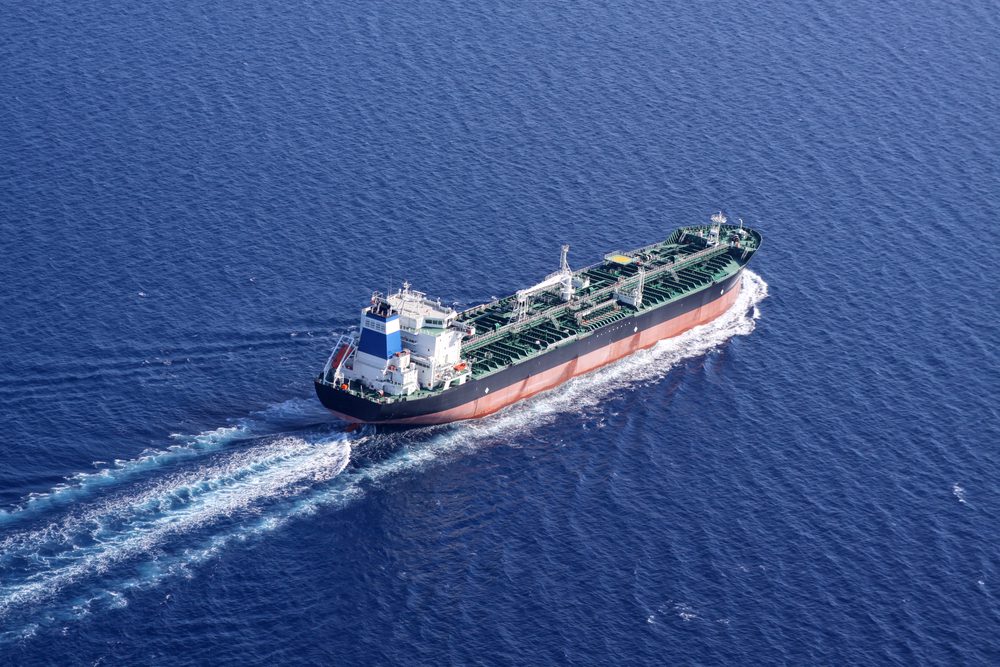As the shipping industry intensifies efforts to reduce its carbon footprint, an increasing number of industry participants are turning to small nuclear reactors as a potential zero-emission clean energy source to power commercial ships.
In the latest development, nuclear technology company Newcleo has partnered with Italy-based Fincantieri and RINA to explore the potential applications of Newcleo’s lead-cooled small modular reactors (SMRs) technology in the shipping industry.
The LFR technology (Lead-cooled Fast Reactor) developed by Newcleo offers the potential for nuclear propulsion in naval vessels, with a small reactor capable of producing 30MW of electricity, requiring fewer refuelings and limited maintenance. The feasibility study explore whether the technology can be adapted for use on large vessels.
“Fincantieri and RINA are two global leaders in the shipping sector, and combining their expertise with our technology innovation can bring a real solution to the issue of carbon emissions in maritime transport,” said Stefano Buono, newcleo Chairman and CEO.
One of the notable aspects of Newcleo’s design is the solidification of the liquid lead inside the reactor, which encloses the core in a solid lead casing, containing the radiation and safeguarding the environment in the event of an accident. In addition to requiring less refueling, the technology also allows spent units to be easily replaced at the end of their operational lifecycle and removed for decommissioning and reprocessing.
“We recognize the enormous potential of nuclear power and are proud to collaborate with partners like Newcleo and RINA to realize this vision,” said Pierroberto Folgiero, CEO and General Manager of Fincantieri.
Ugo Salerno, Chairman and CEO of RINA, said that while fuel efficiency and better vessel design have been effective in reducing shipping’s environmental impact, additional measures are needed to achieve industry targets. He emphasized the need for alternative fuels with low carbon content throughout their lifecycle. “Nuclear will be one of the answers to these objectives,” he said.
This latest development follows the completion of a “groundbreaking study” by the American Bureau of Shipping (ABS) and Herbert Engineering (HEC) on the use of nuclear propulsion on board a simulated 14,000 TEU containership and Suezmax tanker. Last August, the U.S. Department of Energy (DOE) awarded ABS an $800,000 contract to research barriers to the adoption of advanced nuclear propulsion on commercial vessels.
Unlock Exclusive Insights Today!
Join the gCaptain Club for curated content, insider opinions, and vibrant community discussions.

 Join The Club
Join The Club













